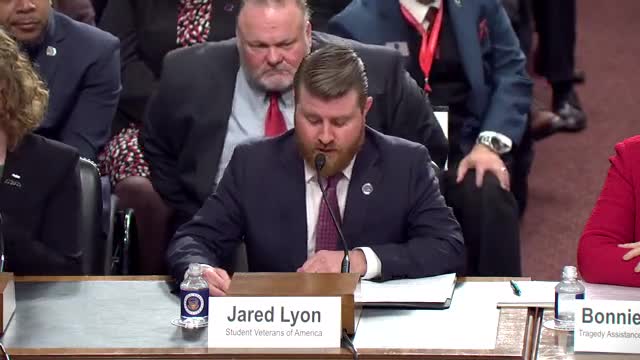Article not found
This article is no longer available. But don't worry—we've gathered other articles that discuss the same topic.
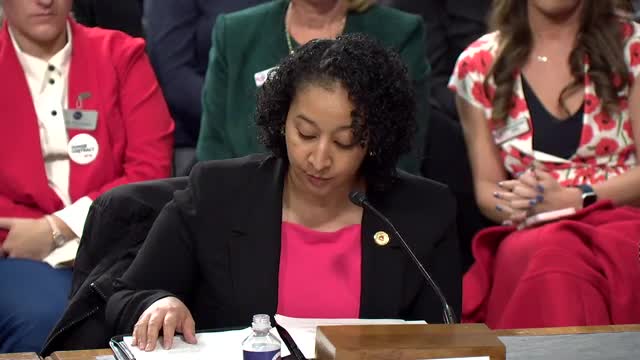
Homeless‑veteran leaders urge Congress to protect housing grants and HUD‑VASH rules amid federal pauses
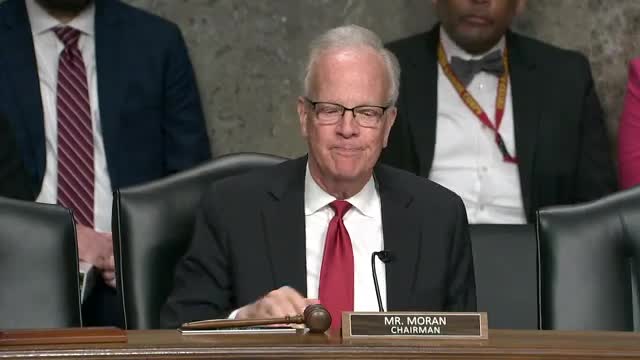
Caregiver groups urge VA clarity on PCAFC rule, veteran‑directed care and program continuity
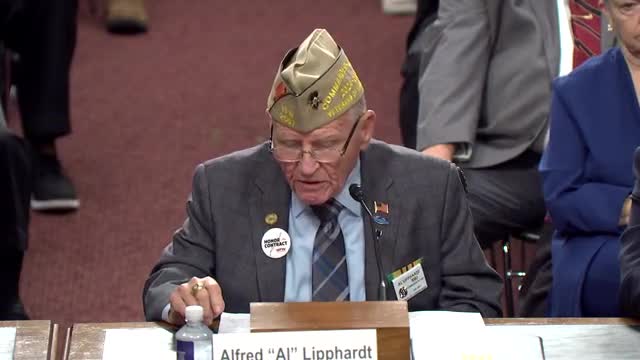
VSOs press VA on PACT Act presumptive process and timeliness of benefits
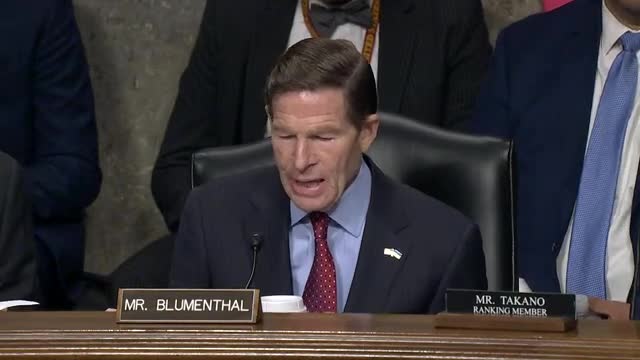
Lawmakers and VSOs warn VA workforce cuts and contract cancellations risk disrupting veteran care
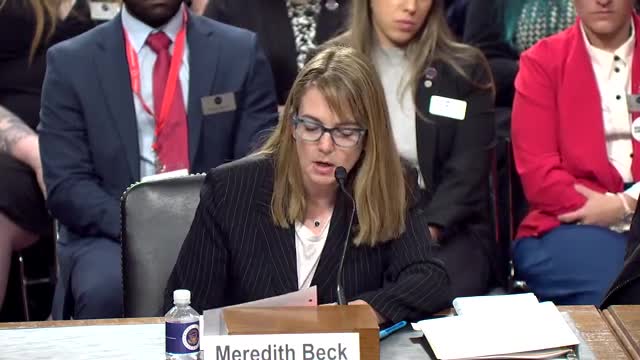
Paralyzed Veterans of America warns specialty spinal cord care is understaffed and aging facilities risk patient safety
